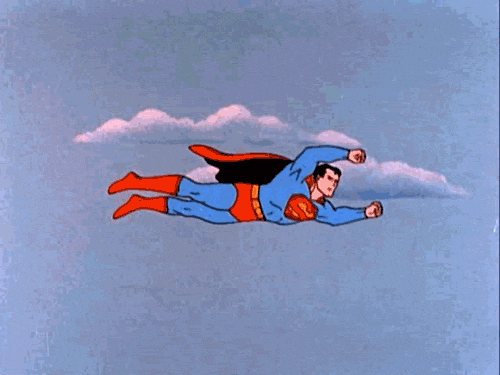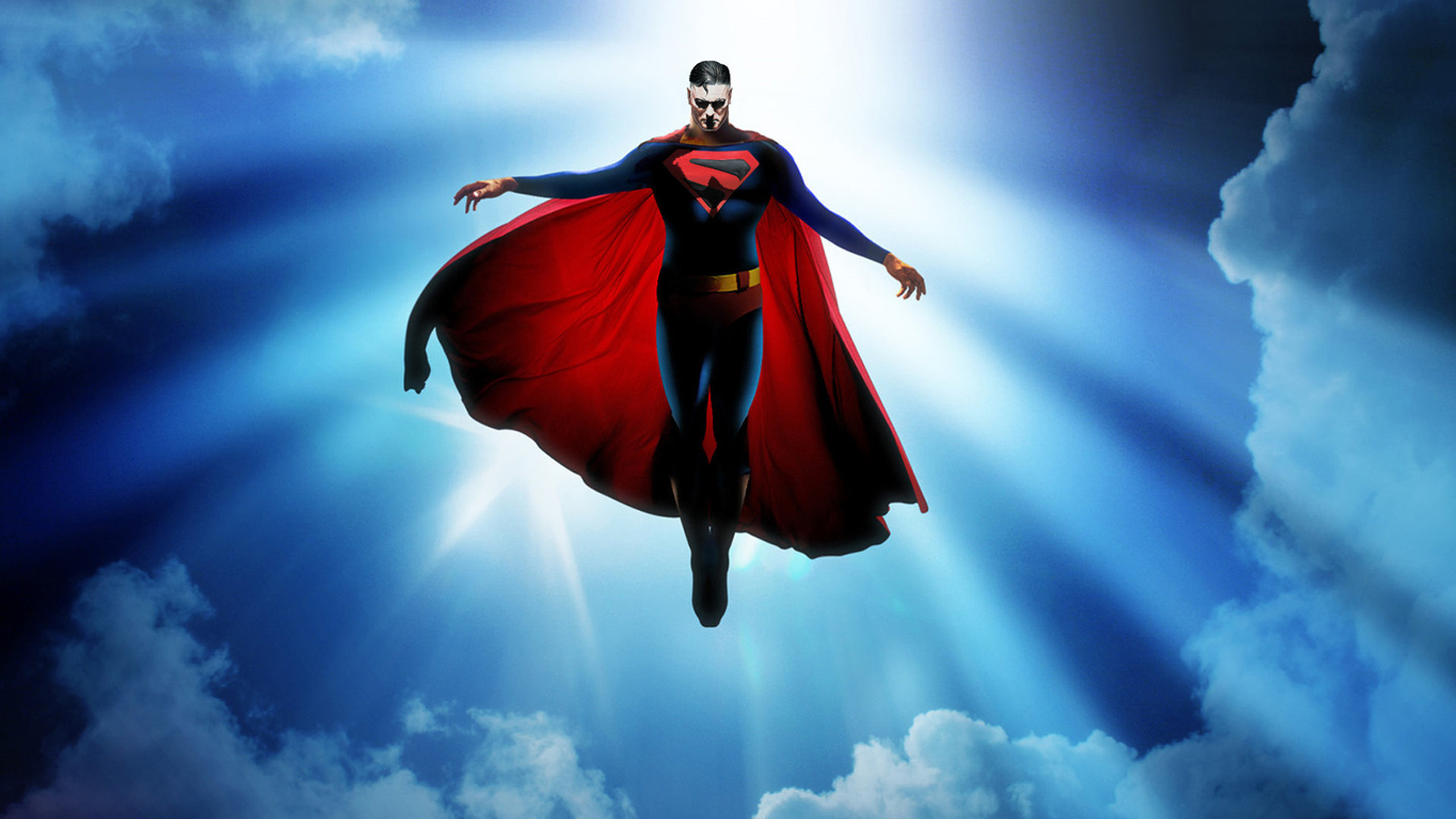
http://lounge.moviecodec.com/images/attachment/krypton-38376.jpg
If the assumption that Krypton's acceleration due to gravity is fifteen times that of Earth's, then that would lead to Krypton being 15 times denser than the Earth. If the following assumption is that Earth and Krypton are the same size (have the same radius) than one can isolate the density being the causing factor of the different of gravities. Since the Earth's density is approximately 5 g/cm^3, Krypton's density would have to be close to 75 g/cm^3. Considering osmium--one of the densest materials known--is only 22.5 g/cm^3. Since the density can obviously not be explained in terms of known physics, the next assumption to make is the size of the planet being fifteen times larger than Earth. Neptune, Saturn, and Jupiter all have a radius four times larger than Earth's--not even close to the need fifteen times larger. These planets, however, are gas giants and not stable enough to build cities on, let alone for humans to live on. The only plausible explanation of Superman's strength being caused by an extreme gravity difference is to make the assumption that Krypton made up of an unknown extremely dense element such as Kryptonite.

http://media.giphy.com/media/10bKPDUM5H7m7u/giphy.gif
Superman did not begin with the ability to fly, but rather the ability to leap tall buildings in a single bound. With knowledge of Sir Isaac Newton's Three Laws, one understands that force equals the mass times the acceleration. Considering a building of 660 feet, Superman would need an initial velocity over 200 feet/second in order to accomplish the feat of leaping over the building. With the time of his legs pushing off of the ground being a quarter of a second, Superman's applied force on the ground would be his mass times the acceleration. This number for a well sized, athletic man would be close to 25,000 N. This force could potentially destroy the land Superman was standing on, therefore, negating his jump (imagining jumping while standing in mud).

http://i.jootix.com/o/Jootix--d2367b57ad.jpg
In order to levitate, the Man of Steel would need some force constantly acting against the force of gravity (Newton's Laws). Some have suggested Superman can release high velocity air particles out of his skin in order to remain levitating, while others have suggested he can control the mass around him, and therefore, make air particles heavy enough to hold him and move him. The truth is the comic writers and movie writers have yet to describe a scientifically plausible explanation to not only Superman's flying ability, but also many of his other superpowers. This is what makes Superman one of the most scientifically impossible superheroes.
| Home Page |
Captain America |
Spider-Man
|
Superman
|
The Flash
|
Conclusion
|
Bibliography |